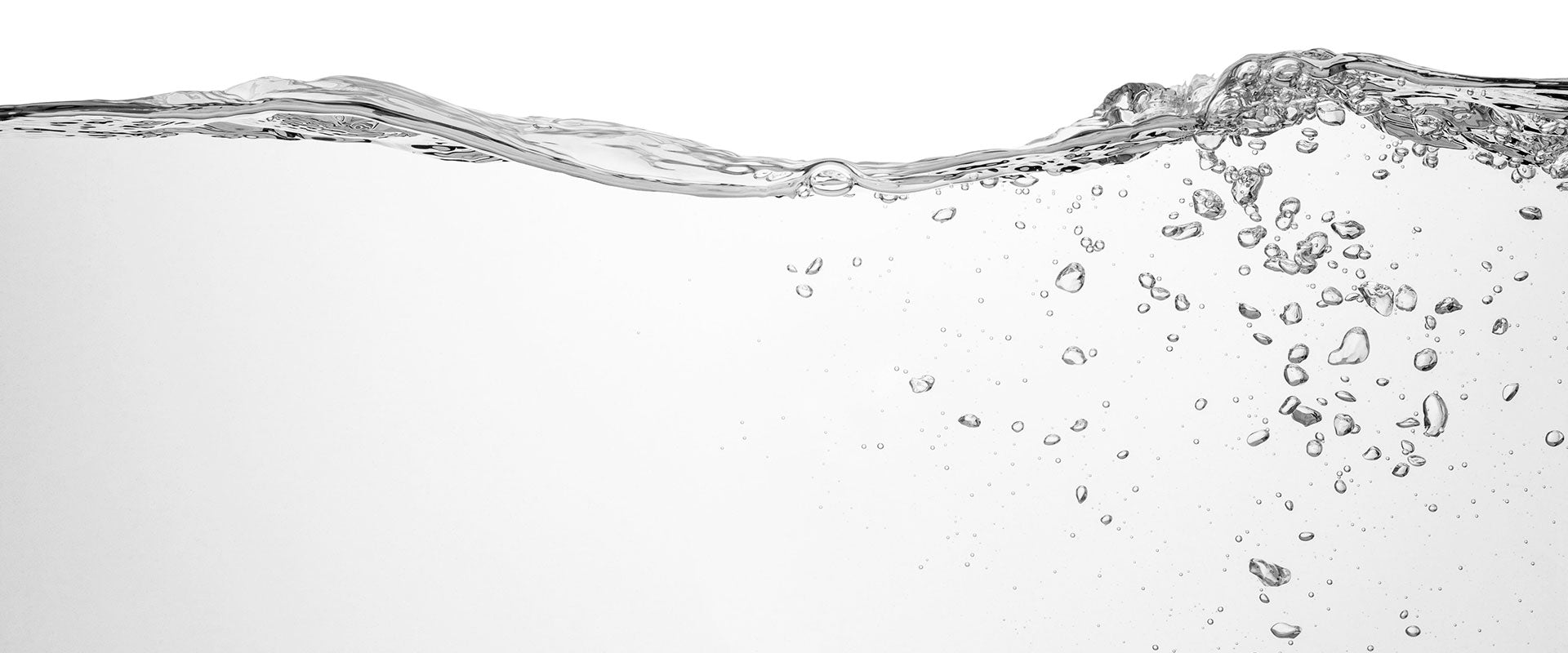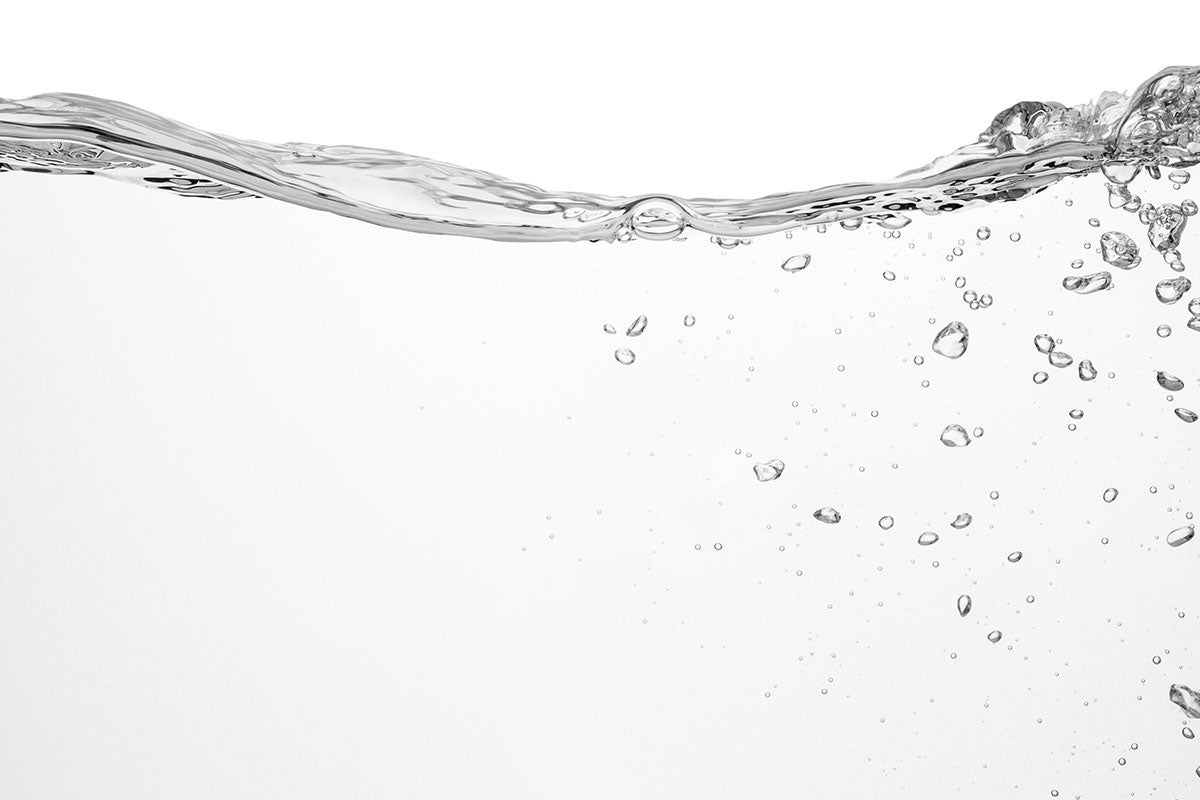Understanding 200 Proof Alcohol: Myths and Reality
The Myth and the Reality
A common misconception about 200 proof alcohol is that it doesn't truly exist...that it's impossible to achieve, and even if reached, it immediately begins absorbing moisture from the air, thereby reverting to a lower proof. While it's true that 200 proof ethyl alcohol is hygroscopic (it absorbs water from the environment), with the right equipment, procedures, and quality control, 200 proof alcohol is not only possible but reliably produced.
What Does "200 Proof" Mean?
Alcohol "proof" is a measurement of alcohol content. 100 proof equals 50% alcohol by volume. Therefore, 200 proof represents 100% alcohol by volume. Specifically, according to the TTB, for a product to be labeled "200 proof" it must contain at least 99.85% alcohol by volume.
Searching online for "200 proof alcohol" can return a wide range of results...but not all of them refer to pure 200 proof "food grade ethanol". Ethanol, also known as ethyl alcohol, is the only type of alcohol safe for human consumption when it is made without additives and processed using food-safe methods.
To better understand what makes an alcohol like ethanol “food grade” and how it compares to other types of alcohol like isopropyl, methanol, and denatured alcohol blends, check out our full guide: Understanding Food Grade Ethanol.
Is Achieving 200 Proof Even Possible?
Now here’s where things get tricky: ethanol and water have a special relationship. When you try to separate them by regular distillation, they hit a limit called an azeotrope. This happens when the two substances start to act like one - boiling and evaporating together at a specific ratio, making it nearly impossible to separate them further just by boiling.
For ethanol, the azeotrope forms at 95.63% ethanol and 4.37% water. That equals 192.6 proof, which is the highest proof you can reach using standard distillation alone. This mixture behaves like a single substance, and no matter how much you boil it, you won’t get rid of that last bit of water without special methods.
To reach 200 proof alcohol the distiller needs to break past this azeotrope using a dehydration process. Let’s explore how that’s done.
How 200 Proof Alcohol is Made
Ethyl alcohol has been made for thousands of years by many cultures around the world. It was first discovered as a natural byproduct when fruits or grains were left to sit in the right conditions, allowing fermentation to occur. Over time, as people learned more about the process, many ancient civilizations developed distillation—a method to purify and concentrate alcohol. Today, thanks to advanced equipment, better access to high-quality ingredients, and a strong understanding of fermentation and distillation science, we can produce alcohol that is ultra-pure and highly refined. Whether for food-grade or beverage use, the same basic steps of fermentation, distillation, and purification are always followed.
-
Feedstock Selection and Preparation: Food grade ethanol can be made from plants that contain a lot of sugar or starch, such as corn, sugar cane, grapes, wheat, and barley. If the plant is high in starch—like corn or wheat—it is usually ground up or mashed to help break it down. Special enzymes are added to turn the starches into simple sugars in a process called saccharification. The sugary liquid that’s created is called “wort,” and it’s used in the next step - fermentation.
-
Fermentation: The simple sugars are mixed with yeast and kept warm in special tanks for up to 72 hours. During this time, the yeast eats the sugars and produces two things: ethyl alcohol and carbon dioxide. The liquid that’s left after fermentation is called "beer," and it's ready for the next step - distillation.
-
Distillation: After fermentation, the liquid—called beer—is moved into a still for distillation. This step separates the alcohol from the water and other parts of the mixture. Alcohol boils at a lower temperature than water, so when the liquid is heated, the alcohol turns into vapor first. That vapor is then cooled and turned back into liquid alcohol. However, because of a chemical property called an azeotrope, distillation by itself can only purify alcohol up to about 192.6 proof. To make it even purer, additional steps of dehydration are needed.
Dehydration: Breaking the Azeotrope
To go beyond 192.6 proof, the remaining water in the solution must be removed through a dehydration process. There are two primary categories of dehydration methods:
-
Chemical methods: These involve adding substances such as benzene to alter the azeotropic properties of the ethanol-water mixture. While this method can effectively separate water from ethanol, the chemicals used are not food-safe and can leave harmful residues, making this approach unsuitable for any ethanol intended for consumption or personal use.
-
Physical methods: These are non-toxic and food-safe, the most common being the use of molecular sieves.
What is a Molecular Sieve?
Molecular sieves are highly porous materials—typically made from crystalline metal aluminosilicates (zeolites)—engineered to trap water molecules. The pores in molecular sieves are uniformly sized to selectively absorb only certain molecules based on their size. In ethanol dehydration, sieves with 3-angstrom pores are used because water molecules (2.8 angstroms in diameter) can enter and be trapped, while ethanol molecules (larger than 3 angstroms) cannot.
How Do Molecular Sieves Work?
When 192.6 proof ethanol vapor or liquid is passed through a bed of activated molecular sieves, the water is physically adsorbed into the microscopic pores. The ethanol passes through unaffected, now free of the azeotropic limit. This allows the ethanol concentration to reach the true 200 proof mark. Once saturated with water, molecular sieves can be regenerated by heating, making them a sustainable, reusable, and efficient tool in ethanol production.
Are Molecular Sieves Food Safe?
Yes. When properly handled and maintained, molecular sieves used for ethanol dehydration are safe and suitable for processing food grade ethanol. They do not leach contaminants into the alcohol, and they are widely used in pharmaceutical, beverage, and food industries where high purity is essential.
200 Proof Achieved, are we done?
Dehydration using a molecular sieve is where every other manufacturer of 200 proof food grade alcohol stops. Culinary Solvent goes a step further by further refining the 200-proof alcohol one last time using a pot still offering an added layer of purification and rectification.
Why Culinary Solvent Goes Further: Pot Still Rectification
While other producers stop at the dehydration stage, we take one more step to raise the purity and quality of our food grade ethanol. We run our 200 proof alcohol through a final micro-pot distillation stage, a process called rectification.
Pot Still vs. Constant Reflux: Batch Size vs. Volume Output
There are two main ways to distill alcohol: using a small-batch pot still or an industrial-scale constant reflux still. While both are used to make ethanol, they operate very differently—and each has its own strengths.
Pot stills work in fixed-size batches. The entire volume of liquid is placed in a single vessel (called the "pot") and heated slowly. This setup gives the master distiller full control over the process and allows them to separate the run into three key parts: the heads (which contain unwanted compounds), the hearts (which contain the purest ethanol), and the tails (which have heavier, less desirable components and where any trace amounts of flavor or character carry through). This ability to make precise cuts helps ensure that only the cleanest, highest-quality alcohol is collected - perfect for food grade and craft applications alike.
Constant reflux stills, on the other hand, are designed for large-scale, non-stop production. They operate continuously and can process huge amounts of liquid every hour. These systems are great for efficiency and producing bulk volumes of ethanol. However, they are limited in their ability to fine-tune the quality of each batch. Since they run constantly without stopping for batch separation, they lack the hands-on control that a pot still offers.
In short, pot stills prioritize quality and precision, while constant reflux stills focus on speed and volume. At Culinary Solvent, we choose pot still rectification to ensure every drop of our 200 proof food grade ethanol meets the highest standard of purity and performance.
Why Redistill 200 Proof Alcohol? The Answer Is in the Details You Can Taste and Smell
At first glance, it might seem like once you’ve reached 200 proof—100% pure ethanol—there’s no further improvement to be made. But here’s the surprising truth: even 200 proof alcohol can benefit from redistillation when it’s done right.
That’s because "100%" is a number, but purity is an experience one that your nose and taste buds can easily detect. Even in trace amounts, leftover compounds can subtly affect the smell and flavor of ethanol. These compounds often show up in the tails cut of a distillation run, and that’s exactly where our pot still rectification process shines. By re-distilling our 200 proof alcohol in small batches and carefully removing the heads and tails, we isolate only the hearts - the purest and cleanest portion of the run.
How do we know this makes a difference? Because we’ve put it to the test, literally.
Our same distillation technique is used in our award-winning vodka, made to the same food-grade standards as our ethanol. And the results speak for themselves: Double Gold at the San Francisco World Spirits Competition and back-to-back Platinum Medals from the SIP Awards two of the most respected spirits tasting competitions in the country. These honors are judged blind by experts, relying on taste, aroma, and smoothness further "proof" that even 200 proof can be perfected.
When you choose Culinary Solvent, you're not just getting high proof, you're getting a level of purity that you can smell, taste, and trust.
Will 200 Proof Alcohol Instantly Drop to 192.6 Proof in Air?
This is one of the most common misconceptions about 200 proof ethanol—and it’s time to clear it up.
It is chemically true that 200 proof ethanol is hygroscopic, meaning it absorbs moisture from the air over time. However, it is not true that this change happens instantly or even quickly under normal circumstances.
The idea that 200 proof alcohol reverts to 192.6 proof the moment you open the bottle is not accurate. In reality, this transformation is gradual and depends on several factors, including:
- Surface area exposed to air
- Length of time the alcohol is exposed
- Relative humidity of the environment
In short, 200 proof ethanol doesn’t magically become 192.6 proof the second it’s uncapped. If you pour a small amount into a wide dish and leave it out for hours in a humid room, yes—some moisture absorption will happen. But in a normal setting, ie pouring what you need and sealing the bottle again, there’s very little effect on proof.
Proper Storage = Long-Term Stability
When stored properly in a sealed container away from high humidity, 200 proof ethanol remains at 200 proof. At Culinary Solvent, our 200 proof food grade ethanol is packaged in airtight, leak-proof containers designed specifically to prevent moisture intrusion.
If you're using your ethanol responsibly, opening the bottle briefly to measure or pour and then resealing it, it will maintain its proof just fine for months, even years.
So, rest assured: 200 proof is real, and staying 200 proof is easy when stored and used properly.
Conclusion: Yes, 200 Proof Alcohol Is Real
Pure ethanol is not only real - it’s achievable, stable, and incredibly effective when crafted with care. At Culinary Solvent, we bring together science, tradition, and integrity to deliver the purest 200 proof food grade alcohol available.
Explore our full selection of 200 proof food grade ethanol here.







